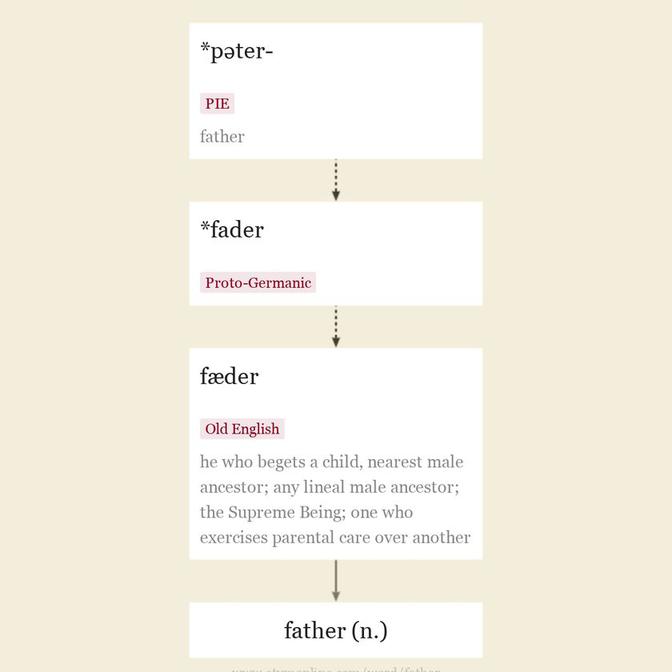weather (n.)
Old English weder "air, sky; breeze, storm, tempest," from Proto-Germanic *wedra- "wind, weather" (source also of Old Saxon wedar, Old Norse veðr, Old Frisian, Middle Dutch, Dutch weder, Old High German wetar, German Wetter "storm, wind, weather"), traditionally said to be from PIE *we-dhro-, "weather" (source also of Lithuanian vėtra "storm," Old Church Slavonic vedro "good weather"), suffixed form of root *we- "to blow." But Boutkan finds this "problematic from a formal point of view" and finds only the Slavic word a likely cognate.
Alteration of -d- to -th- begins late 15c., though such pronunciation may be older (see father (n.)). In nautical use, as an adjective, "toward the wind" (opposed to lee).
Greek had words for "good weather" (aithria, eudia) and words for "storm" and "winter," but no generic word for "weather" until kairos (literally "time") began to be used as such in Byzantine times. Latin tempestas "weather" (see tempest) also originally meant "time;" and words for "time" also came to mean weather in Irish (aimsir), Serbo-Croatian (vrijeme), Polish (czas), etc. Weather-report is from 1863. Weather-breeder "fine, serene day which precedes and seems to prepare a storm" is from 1650s.
Surnames Fairweather, Merriweather probably reflect disposition; medieval lists and rolls also include Foulweder, Wetweder, Strangweder.
Trends of weather
updated on August 17, 2018
Trending words
Dictionary entries near weather
weapons of mass destruction
wear
wearisome
weary
weasel
weather
weather-beaten
weather-cast
weatherize
weatherman
weather-vane

